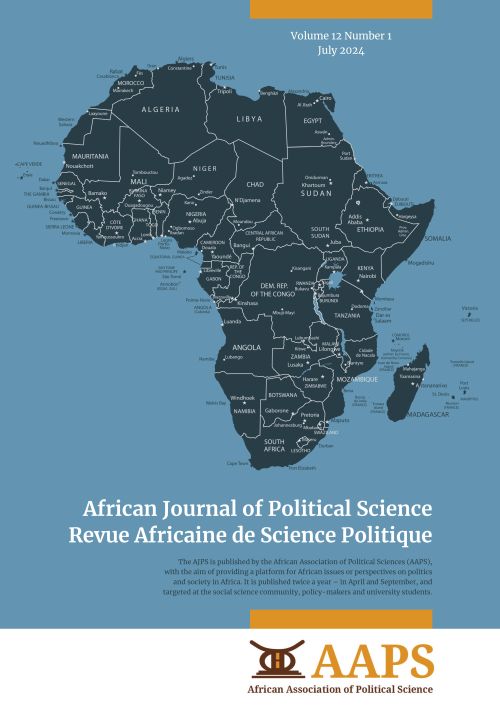Main Article Content
Land Question in Post-Apartheid South Africa An Appraisal of Social Justice Theory
Abstract
Following the end of apartheid regime in 1994, it became clear to the government that a new constitution was urgently needed in order to redistribute and restitute land. After two years of intense deliberations and consultations, a new constitution was finally adopted in 1996. The new constitution clearly spelt out the fundamental principles of land reform policy. As a result, three-legged land reform strategy was adopted. These are (i) land tenure; (ii) land restitution; and (iii) land redistribution. However, existing scholarship has shown that these land reform programmes have not really addressed the social injustices of the past. Although there has been interesting scholarship on land question in post-apartheid South Africa, most of the previous studies focus on ‘economic compensation’ rather than ‘social justice’. In attempt to fill this gap in scholarship, this paper examines land question within the theoretical prism of social justice theory. The paper analyses the concept of social justice; then, proceeded to the discussions, applications and critiques of Kurt Lewin’s three-model of social change, John Rawls’ theory of social justice and Nancy Frazer’s model of parity of participation to land question in post-apartheid South Africa.




